CHICO — Universities around the globe in April saw students occupy buildings, leading to arrests in protests against the Israel-Hamas war. But Chico State met no such physical conflict with demonstrations on its campus — limited only to protest banners hung April 29 at Butte Hall and a walkout demonstration May 6 on campus supervised by free speech facilitators.
Pro-Palesteian students at Chico State have joined ranks with other universities in successfully influencing their Academic Senates to call for a ceasefire and for Chico State to divest from the conflict.
Following the demonstrations, the Chico State Academic Senate responded to student voices by introducing two resolutions May 2 calling for a ceasefire and for investment transparency from the California State University chancellor. Final drafts were approved May 9.
Lindsay Briggs, Academic Senate member and associate professor for Public Health and Health Services Administration, said students ultimately drove the passage of the ceasefire resolution in an effort that began before nationwide occupy protests.
“Our students were able to see the uprising across the county; (Cal Poly) Humboldt being the first one in the CSU to get involved,” Briggs said.
“But Chico State is different. We’re not going to take over buildings; we’re not going to have encampments. We’re not that politically active of a student body that are willing to be a force that has a critical mass.”
Briggs described the political climate on campus — and the conversation at the senate meetings — to be a matter of feeling uncomfortable versus feeling unsafe. She said two of her colleagues who are Jewish have confronted those feelings during the Senate meeting.
“They have come out, the side that says ‘We can’t tolerate this. As Israelis, as Jews, we support what Israel is doing.’ And yeah it was an uncomfortable process, but it doesn’t make them unsafe — so there was a lot of that being thrown around in the Senate debate.”
Briggs said it’s disheartening to hear that people feel unsafe, “I don’t want anybody to feel unsafe, but do I want to press back and say, ‘do you feel unsafe or do you just feel uncomfortable?’ And that’s not for me to answer as a non-Jew, non-Israeli.”
Finding support
Feeling uncomfortable having difficult conversations was not limited to any group on campus. Both students who support Israel and students who support Palestine have expressed feelings of discomfort or feeling unsafe.
For Jewish students on campus, finding comfort and safety in community proved helpful to face messaging by pro-Palestinian students that crossed lines into harassment.
Chabad Jewish Center Rabbi Mendy Zwiebel runs programs geared for Chico State students, and said students have come to tell him about bullying on campus and social media.
“What I’m hearing from students is that many comments they get are, intentionally or unintentionally, come off as very antisemetic to them. Specifically regarding the war that’s going on, just comments to their face as if they’re committing genocide,” Zwiebel said.
He said the students are in an environment in social media, and when they saw protests escalate at some universities, it gave them increased anxiety.
Zwiebel said he supports students through these moments by strengthening community through meeting, and being proud of Jewish culture and heritage.
“Unfortunately antisemitism isn’t new … it’s a little more in people’s face than it was just last year in America,” Zwiebel said. “Just coming together and celebrating together; I think that is the strongest strength and that’s what we do. And that I hear from the students, it gives them strength.”
Seth Trachtman, president of Jewish fraternity Alpha Epsilon Phi, said at times he felt uncomfortable on campus to wear his Jewish star out of his shirt, or wear clothing with the word Israel in type.
“There was definitely times I was uncomfortable on campus and that was due to misinformation; people promoting incorrect facts about Israel, and non-Jewish people speaking on behalf of what they perceive as antisemetic, versus anti-zionist,” Trachtman said.
Trachtman said he was disheartened to see pro-Palestinian banners hung from Butte Hall on April 29 and again on May 3 when several instances of antisemitic graffiti were reported on campus which prompted a reply from university President Steve Perez.
“Where the line is, is when people wanting death to Israel or they say they’re not going to stop until Palestine is fully liberated,” Trachtman said. “It’s uncomfortable. It’s unsettling that people are calling for the destruction of my ancestral homeland.”
Trachtman said he appreciates the professors who supported Jewish students at the Academic Senate meeting, and found community in his fraternity and the Chico Hillel Jewish Student Union.
Aside from personal attacks, Trachtman said the war is worth talking about; he thinks the university did a good job of facilitating free speech on campus, and he trusts it will continue to do so in an appropriate way — that protests have not gotten violent; they’re not blocking students from class.
“From the Jewish student’s point of view, at the end of the day, nobody wants people to be killed. But it’s a really difficult subject, and it’s a lot deeper than people think and it’s not a black and white issue people are making it out to be.” Trachtman said.
For pro-Palestinian students, Briggs said Students for Justice in Palestine reached to her to have conversations about how to proceed with activism and how to face the “negative downsides” of activism work, she said.
“Chico has a very vocal majority that are anti-social justice, I think that’s fair to say, and that weighs heavily on a lot of people. It’s exhausting to speak up and be so harshly criticized and brow beaten, and frankly (bad) talked across town that it really detracts from a lot of people speaking up.”
Briggs said she’s had experience in activism in the Chico community, and sought to protect students from unnecessary and unhelpful attacks.
“Because there are some very vicious people in this town and very active social media groups that prey upon these issues and spend a lot of time trying to get you fired; trying to get you in trouble … it really has a cooling effect in our community, and our students are very aware of that,” Briggs said. “We’re trying to think of things of; how we can make movement on this, but also keep ourselves safe and not sort of anger the local community into attacking them.”
Campus action
Student action to support a cease-fire in Gaza at Chico State was first taken Nov. 9, 2023 in a walkout, and Chico State Associated Students officially passed a resolution for cease-fire Feb. 19.
As protests arose on campuses nationwide in April, activism at Chico State followed with students hanging banners and a Palestinian flag April 29 at Butte Hall, reiterating a call for the university Academic Senate to declare a ceasefire and request university dollars to be diverted from any connections to the Israel-Hamas war.
Just three days later, the Chico State Academic Senate introduced its ceasefire resolutions May 2 in response to the student petitions, and worked with students until the final version was approved May 9, according to Briggs.
In the Academic Senate’s two resolutions, the body recognized Hamas’ Oct. 7 attack and ongoing captivity of Israeli people; Palestinian civilians dying and cities being destroyed in the Israel-Hamas war; increased antisemitic incidents and a necessity to support the free expressions of ideas.
In the resolutions, the Senate endorsed a call for cease-fire; condemned involving police in peaceful expressions of dissent; condemned all acts of retaliation and doxxing; and promoted a “pro-peace and anti-war stance” among other calls to action.
Briggs said the resolutions asked for transparency of university dollars in connection to the war, and that no investments have been yet directly identified because of time constraints.
The CSU Chancellor’s Office announced April 30 that it would not intend to alter its existing investment policies related to Israel or the Israel-Hamas war.
Briggs said the effort is owed all to students who met with faculty, even reaching academic senators across the aisle to change their minds.
As graduation approaches, Briggs does not anticipate any protests.
“I think what you see at Chico is a result of how Chico State does things. We are passionate about issues, but that passion doesn’t often translate to big mobilization actions seen across the country,” Briggs said.

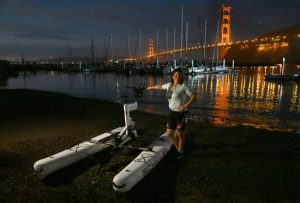
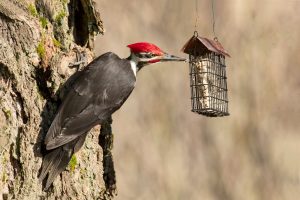
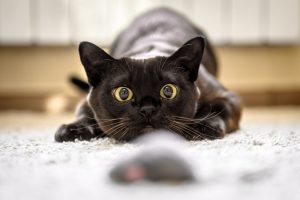
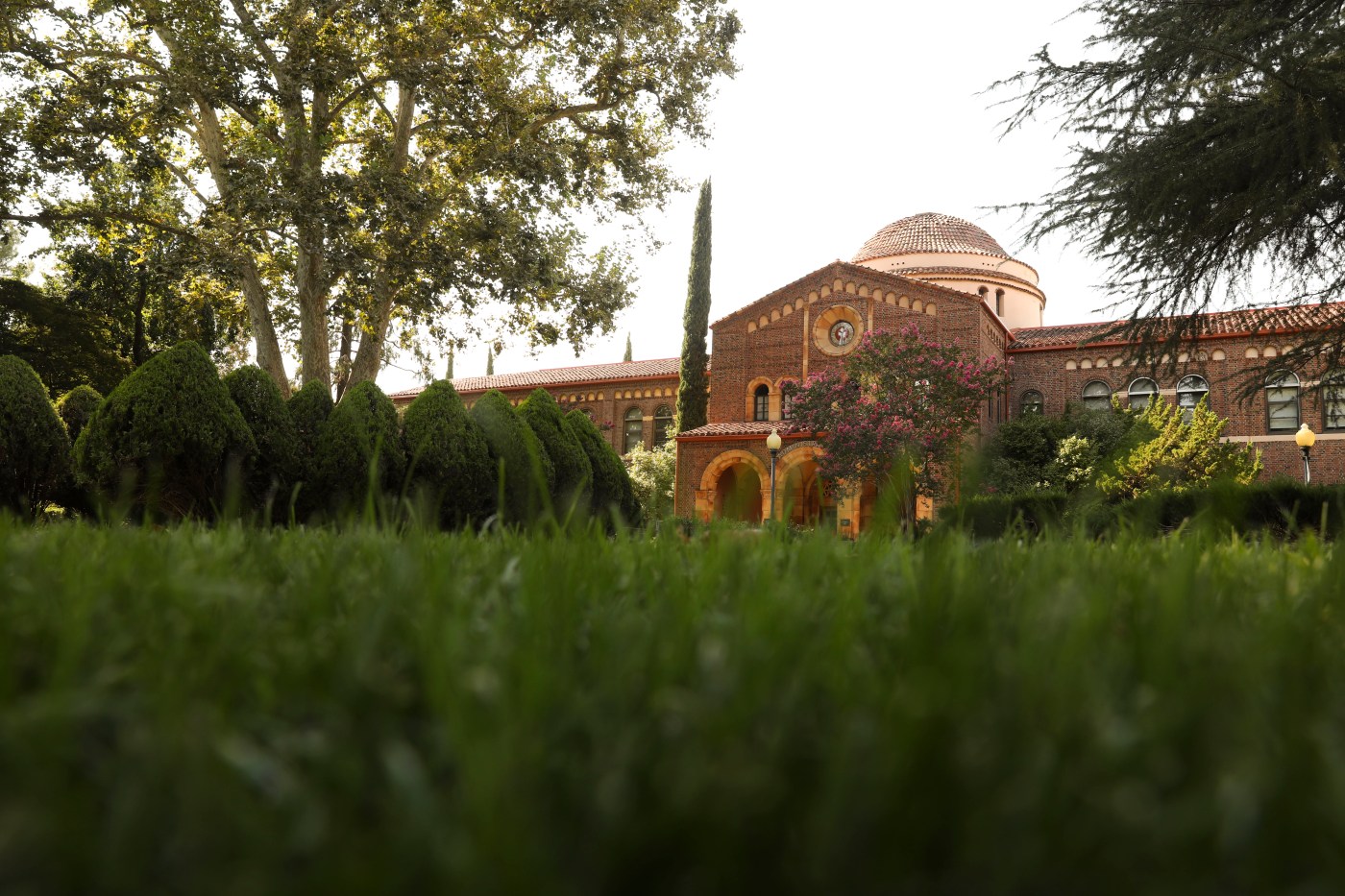

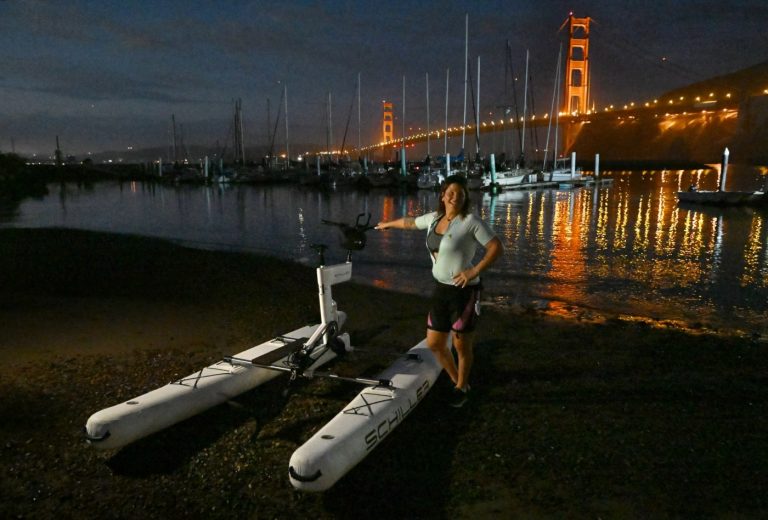
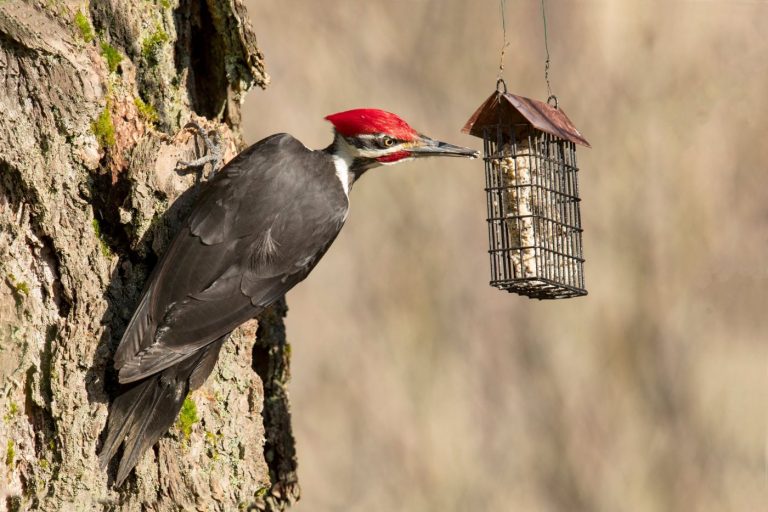
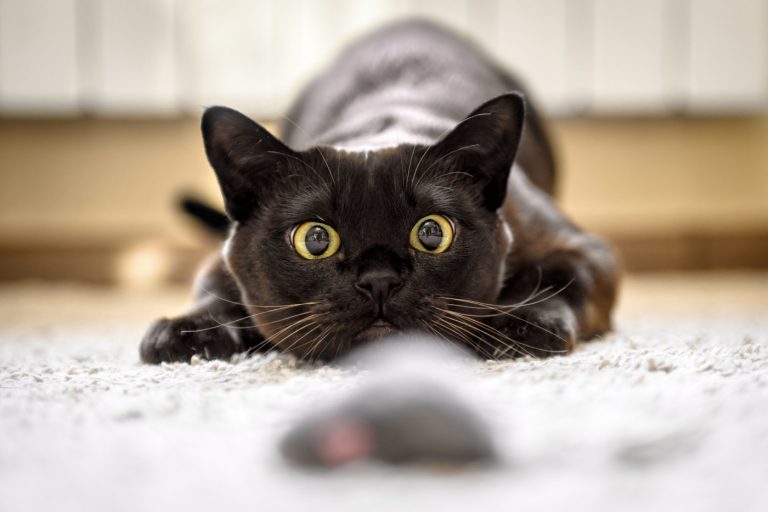
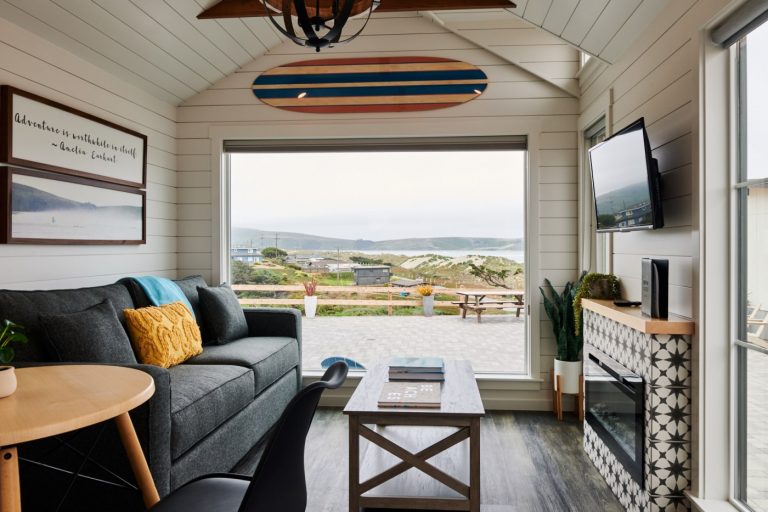
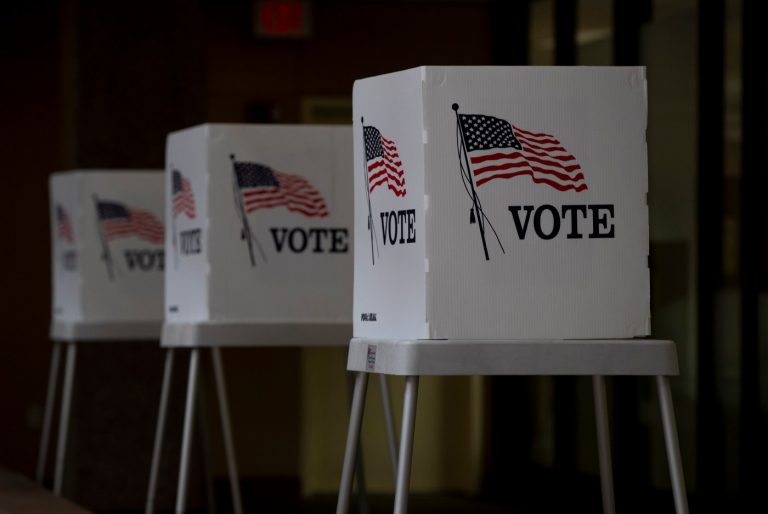

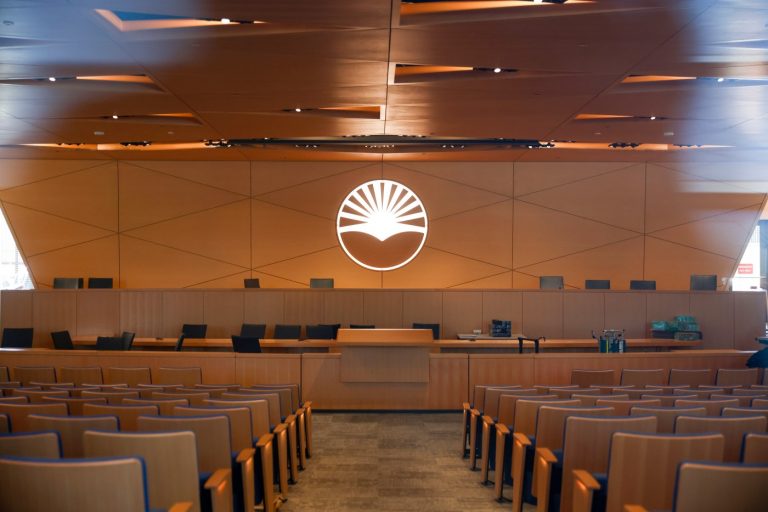
+ There are no comments
Add yours